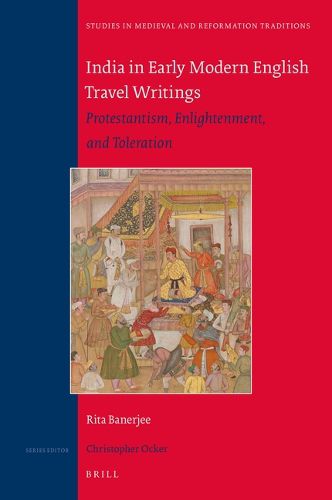Readings Newsletter
Become a Readings Member to make your shopping experience even easier.
Sign in or sign up for free!
You’re not far away from qualifying for FREE standard shipping within Australia
You’ve qualified for FREE standard shipping within Australia
The cart is loading…






Comparing the variant ideologies of the representations of India in seventeenth-century European travelogues, India in Early Modern English Travel Narratives concerns a relatively neglected area of study and often overlooked writers. Relating the narratives to contemporary ideas and beliefs, Rita Banerjee argues that travel writers, many of them avid Protestants, seek to negativize India by constructing her in opposition to Europe, the supposed norm, by deliberately erasing affinities and indulging in the politics of disavowal. However, some travelogues show a neutral stance by dispassionate ethnographic reporting, indicating a growing empirical trend. Yet others, influenced by the Enlightenment ideas of diversity, demonstrate tolerance of alien practices and, occasionally, acceptance of the superior rationality of the other’s customs.
$9.00 standard shipping within Australia
FREE standard shipping within Australia for orders over $100.00
Express & International shipping calculated at checkout
Comparing the variant ideologies of the representations of India in seventeenth-century European travelogues, India in Early Modern English Travel Narratives concerns a relatively neglected area of study and often overlooked writers. Relating the narratives to contemporary ideas and beliefs, Rita Banerjee argues that travel writers, many of them avid Protestants, seek to negativize India by constructing her in opposition to Europe, the supposed norm, by deliberately erasing affinities and indulging in the politics of disavowal. However, some travelogues show a neutral stance by dispassionate ethnographic reporting, indicating a growing empirical trend. Yet others, influenced by the Enlightenment ideas of diversity, demonstrate tolerance of alien practices and, occasionally, acceptance of the superior rationality of the other’s customs.